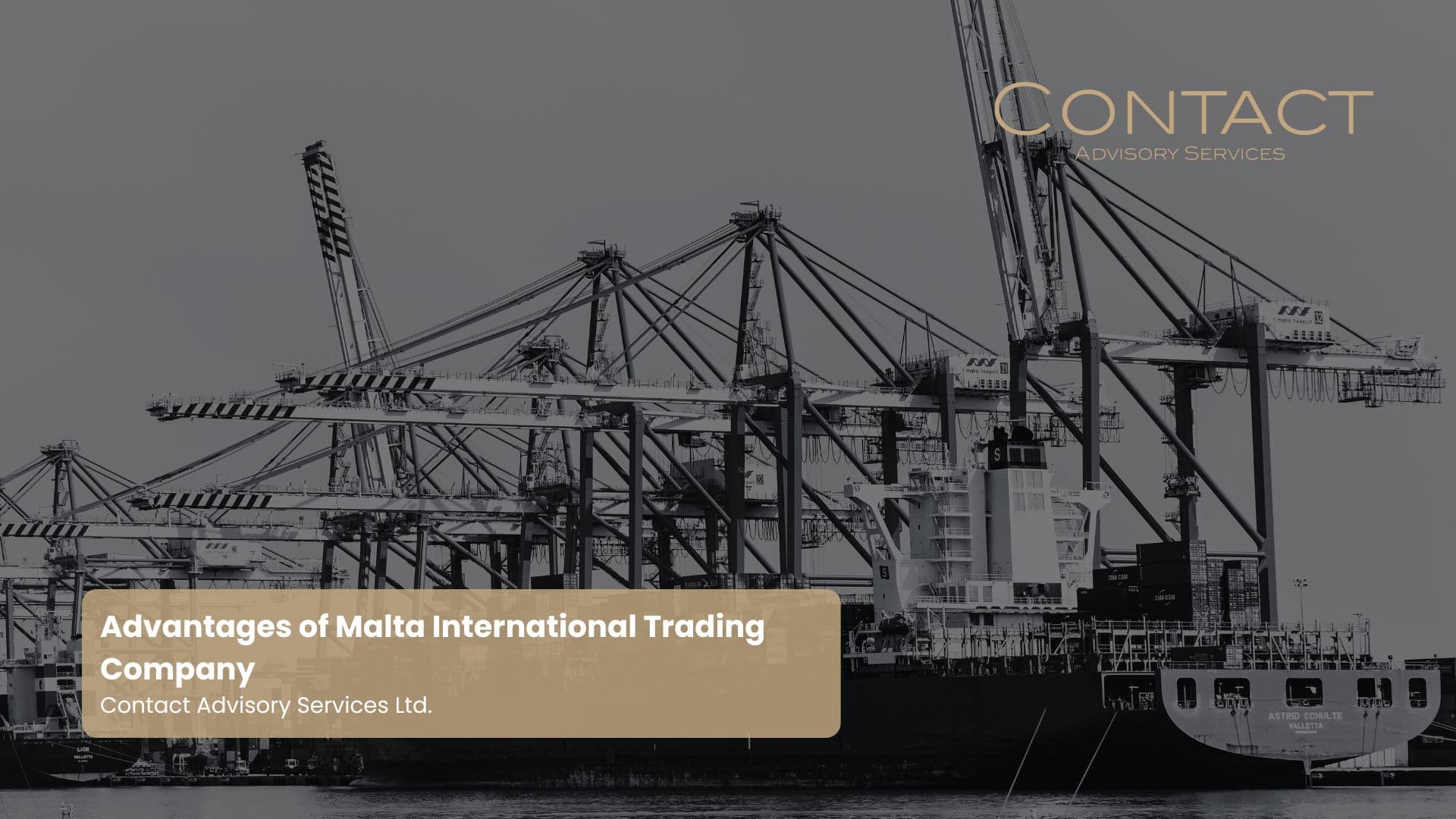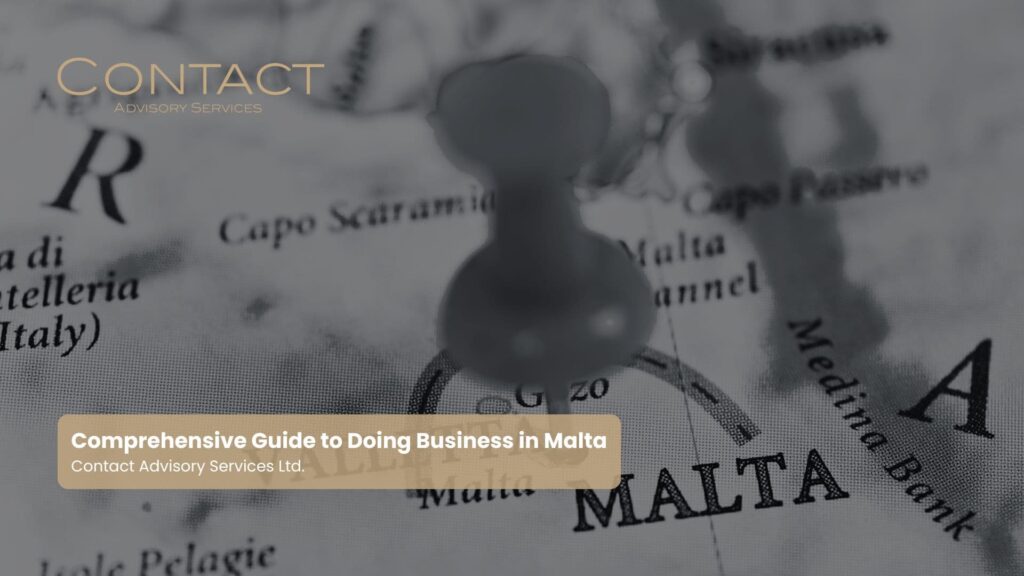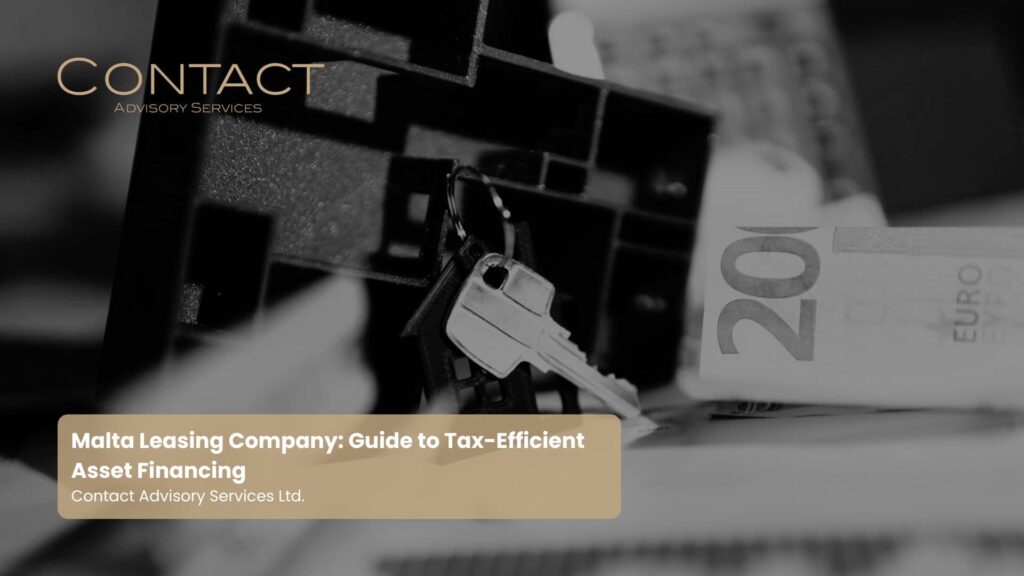In today’s interconnected world, international trade plays a pivotal role in driving economic growth and fostering collaboration between nations. Businesses engaged in importing and exporting goods and services require a strategic base that offers a favourable tax environment, efficient logistics, and access to global markets. This is where Malta shines as an ideal jurisdiction for establishing an international trading company.
This comprehensive guide will delve into the benefits of choosing Malta for your international trading activities, explore the legal and operational aspects of setting up a Malta international trading company, and provide valuable insights into tax planning and compliance. Whether you’re a seasoned trader or just starting your global expansion journey, this article will equip you with the knowledge you need to succeed in Malta’s vibrant trading landscape.
Why Choose Malta for Your International Trading Company?
Malta offers a compelling combination of factors that make it a prime location for international trading companies. Let’s explore some of the key advantages:
Malta’s Favorable Tax Regime for Trading Companies
Malta boasts a highly attractive tax regime for businesses, particularly those engaged in international trade. The full imputation system ensures that companies are not subject to double taxation on their profits. Furthermore, the participation exemption allows for tax-free dividends from qualifying subsidiaries, and generous tax refunds are available to shareholders, effectively reducing the overall tax burden.
Malta has an extensive network of double taxation treaties with over 70 countries, preventing double taxation on income earned in those countries. These treaties provide significant tax advantages for Malta-based trading companies, making it an even more appealing jurisdiction for international trade.
Strategic Location and Excellent Connectivity for Global Trade
Nestled in the heart of the Mediterranean Sea, Malta enjoys a strategic location that provides unparalleled access to major shipping routes and markets in Europe, Africa, and the Middle East. Its well-developed infrastructure, including a modern international airport and efficient seaports, ensures seamless connectivity and facilitates smooth logistics operations. This strategic positioning makes Malta an ideal hub for businesses involved in global trade.
EU Membership and Access to the Single Market
As a full member of the European Union, Malta offers businesses the significant advantage of operating within the EU single market. This means that goods and services can move freely within the EU without any customs duties or trade barriers. Additionally, Malta has negotiated numerous trade agreements with countries outside the EU, further expanding the market reach for Malta-based trading companies.
Supportive Business Environment and Skilled Workforce
Malta provides a supportive and pro-business environment, with a government committed to fostering economic growth and attracting foreign investment. The country boasts a highly skilled and multilingual workforce, including professionals with expertise in international trade, finance, and logistics. English is widely spoken, making it easy for international businesses to operate and communicate effectively.
Setting Up a Malta International Trading Company
Establishing an international trading company in Malta is a straightforward process, guided by clear regulations and procedures. Here’s a step-by-step guide to help you navigate the process:
Legal Structures for Trading Companies in Malta
Malta offers various legal structures for setting up a trading company, including limited liability companies (LLCs) and partnerships. LLCs are the most common choice for international trading companies due to their limited liability protection and flexible ownership structure. Partnerships, on the other hand, may be suitable for smaller trading operations or joint ventures.
The requirements for setting up each type of company vary, and it’s essential to choose the structure that best suits your business needs and objectives. Consulting with a legal professional can help you make an informed decision.
Registration and Licensing Procedures
To register an international trading company in Malta, you’ll need to follow a series of steps, including:
-
- Choose a Company Name: Select a unique name for your company that complies with Malta’s naming regulations.
-
- Draft the Memorandum and Articles of Association: These documents outline the company’s purpose, structure, and internal rules.
-
- Appoint Directors and Shareholders: Choose the individuals or entities who will manage and own the company.
-
- Establish a Registered Office: Designate a physical address in Malta where official correspondence will be received.
-
- Submit the Application: File the necessary documents and pay the registration fees to the Malta Business Registry.
Depending on the nature of your trading activities, you may also need to obtain specific licenses or permits from relevant authorities. For example, if you’re dealing with regulated goods, such as pharmaceuticals or food products, you’ll need to comply with industry-specific regulations.
Banking and Financial Services for International Trade
Malta has a well-developed banking sector with a range of local and international banks, such as Bank of Valletta and HSBC Malta, offering comprehensive financial services for businesses. Opening a corporate bank account for your trading company is a straightforward process, and banks provide various solutions tailored to the needs of international traders, including trade finance, foreign exchange services, and letters of credit.
Operational Aspects of a Malta International Trading Company
Once your Malta international trading company is established, there are several operational aspects to consider:
Invoicing, Re-invoicing, and Commission Structures
Malta companies can be effectively utilized for invoicing, re-invoicing, and receiving trading commissions. This flexibility allows businesses to optimize their operations and take advantage of Malta’s tax-efficient structures. It’s crucial to understand the tax implications of different invoicing and commission structures to ensure compliance and maximize tax benefits.
Transit Trade and Bonded Warehousing
Malta facilitates transit trade, allowing goods to pass through its territory without incurring customs duties or taxes. This is particularly beneficial for businesses involved in international trade, as it reduces costs and streamlines logistics. Malta also offers bonded warehousing facilities, where goods can be stored duty-free until they are re-exported or released into the local market.
Employing Expatriate Staff
Malta welcomes expatriate workers and offers a straightforward process for obtaining work permits and visas. Employing expatriate staff can bring valuable skills and experience to your trading company, and they can benefit from Malta’s double taxation treaties and low tax rates. This can be a significant advantage for attracting and retaining top talent.
Tax Planning and Compliance for Malta Trading Companies
Effective tax planning is essential for maximizing the benefits of operating a Malta international trading company. There are various tax-efficient strategies that can be employed to minimize the tax burden on trading income, such as utilizing the participation exemption, claiming tax credits, and structuring transactions strategically.
It’s crucial to seek professional tax advice to ensure compliance with all applicable tax laws and regulations. A qualified tax advisor can help you develop a tailored tax plan that aligns with your business objectives and minimizes your tax liabilities.
Accounting and Reporting Requirements
Malta trading companies are required to maintain accurate accounting records and comply with reporting obligations. This includes preparing annual financial statements and filing tax returns within specified deadlines. It’s essential to stay informed about the latest accounting standards and tax regulations to ensure compliance and avoid penalties.
FAQs about Malta International Trading Companies
1. What are the minimum capital requirements for setting up an international trading company in Malta?
The minimum capital requirements for setting up a limited liability company in Malta is €1,165, making it an attractive option for businesses of all sizes.
2. What types of trading activities are permitted in Malta?
Malta permits a wide range of trading activities, including import/export of goods, e-commerce, wholesale and retail trade, and provision of trading-related services.
3. Are there any restrictions on foreign currency transactions for Malta trading companies?
Malta has no restrictions on foreign currency transactions, allowing businesses to operate freely in the global marketplace.
4. How can I obtain a trading license in Malta?
Depending on the specific nature of your trading activities, you may need to obtain a trading license from the Malta Competition and Consumer Affairs Authority.
5. What are the advantages of using a professional services provider for setting up and managing a Malta trading company?
Engaging a professional services provider can simplify the company formation process, ensure compliance with all legal and regulatory requirements, and provide ongoing support for accounting, tax, and other administrative matters.
Conclusion
Malta offers a compelling proposition for businesses seeking to establish an international trading company. Its favorable tax regime, strategic location, EU membership, and supportive business environment create a fertile ground for growth and success in the global marketplace. By carefully considering the legal, operational, and tax implications, and seeking professional guidance when needed, you can leverage Malta’s advantages to achieve your international trading goals.
Contact Us
If you’re ready to take your international trading business to the next level, Contact Advisory Services Ltd. can help. As an MFSA authorized Corporate Services Provider, we offer comprehensive assistance with Malta company formation, tax planning, and ongoing compliance. Contact us today to learn more about how we can support your journey to success in Malta.
Remember, this article is for informational purposes only and should not be considered legal or financial advice. It’s crucial to consult with qualified professionals for personalized guidance tailored to your specific circumstances.







